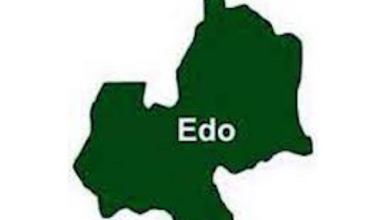ECOWAS Court Finds Nigerian Government Guilty Of Human Rights Violations During #EndSARS Protests

The Community Court of Justice, ECOWAS, has ruled against the Federal Republic of Nigeria for human rights violations during the #EndSARS protests at the Lekki Toll Gate in Lagos on October 20 and 21, 2020. The court found Nigeria in breach of multiple articles of the African Charter on Human and Peoples’ Rights, specifically the rights to life, security of person, freedom of expression, assembly and association, prohibition of torture, duty to investigate, and the right to effective remedy.
Applicants Obianuju Udeh, Perpetual Kamsi, and Dabiraoluwa Adeyinka alleged several human rights violations occurred during the peaceful protests against the SARS unit of the Nigerian Police Force. The protests were triggered by the alleged killing of Daniel Chibuike and aimed to address police harassment and brutality.
Justice Koroma Sengu, who delivered the judgment, dismissed allegations that the right to life was violated but ordered the Nigerian government to pay each applicant N2 million in compensation for violations of their security of person, prohibition of torture, and rights to freedom of expression, assembly, and association. The court also mandated the Nigerian government to adhere to its obligations under the African Charter, investigate and prosecute its agents responsible for these violations, and report back within six months on measures taken to implement the judgment.
Key Allegations:
– First Applicant (Obianuju Udeh): Claimed soldiers shot protesters, causing deaths and injuries, which she live-streamed, leading to threats and eventual asylum.
– Second Applicant (Perpetual Kamsi): Described being hospitalised due to police tear gas after soldiers began shooting following a power cut.
– Third Applicant (Dabiraoluwa Adeyinka): Recounted narrowly escaping being shot and observing inadequate hospital care for victims, facing ongoing threats believed to be from government agents.
The applicants sought declaratory relief and compensation for these violations. The Nigerian government denied all claims, asserting that the protesters unlawfully assembled and that its agents followed strict rules of engagement without shooting or killing protesters. The government also argued that the applicants did not provide credible evidence to support their claims.
In its judgment, the court found that while there was no violation of the right to life, the respondent breached several articles of the ACPHR, leading to fundamental human rights violations. The court declared that the applicants were denied the right to an effective remedy and ordered reparations for the violation of their fundamental human rights.







